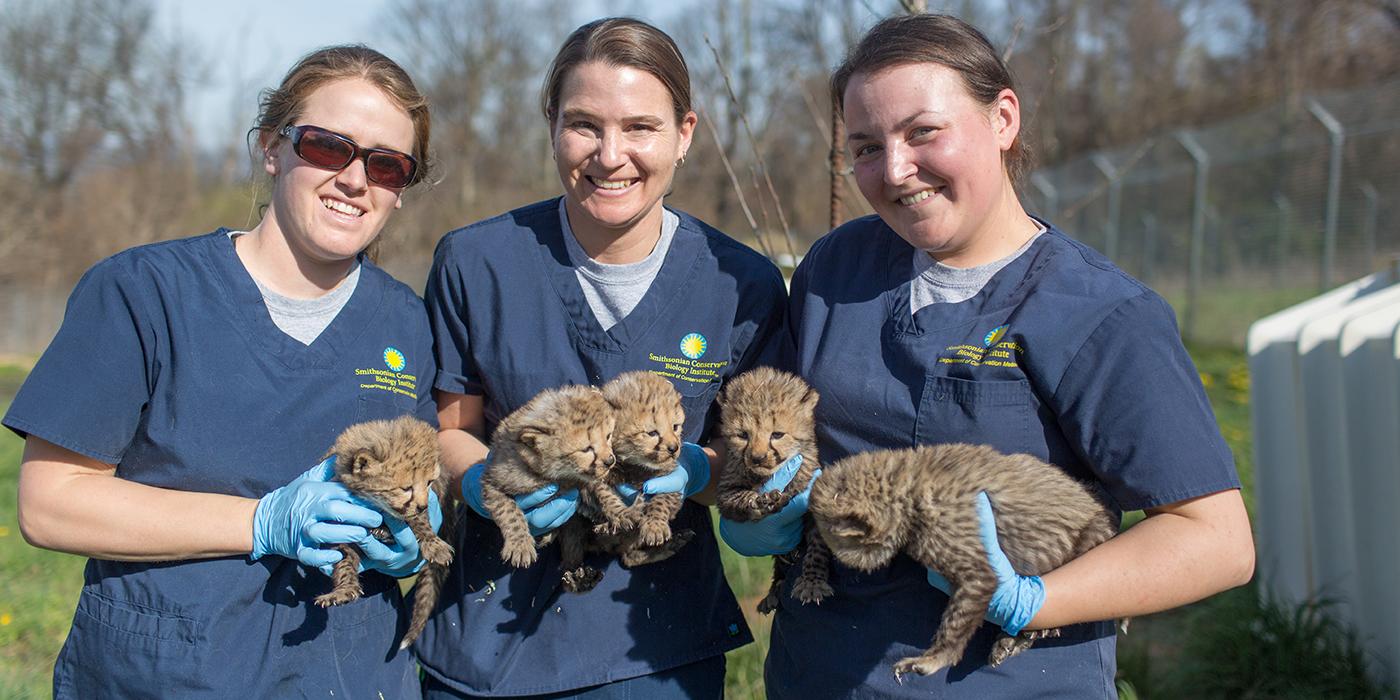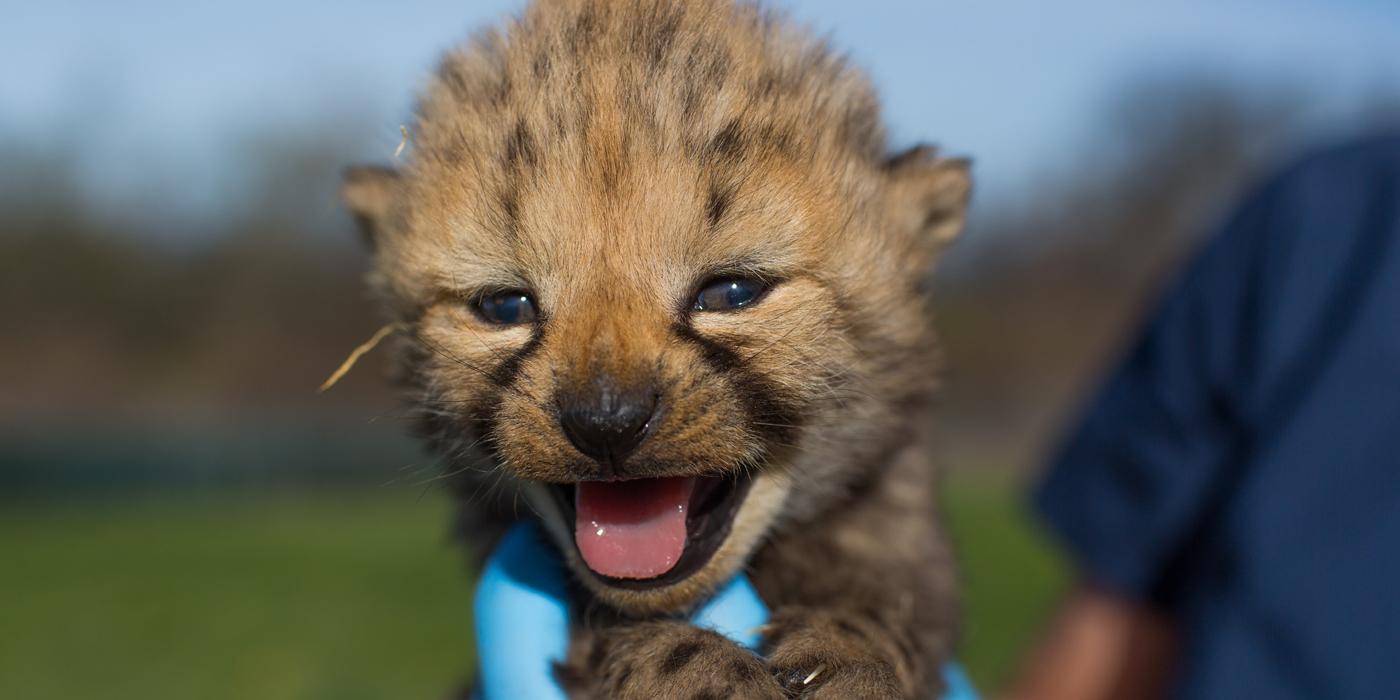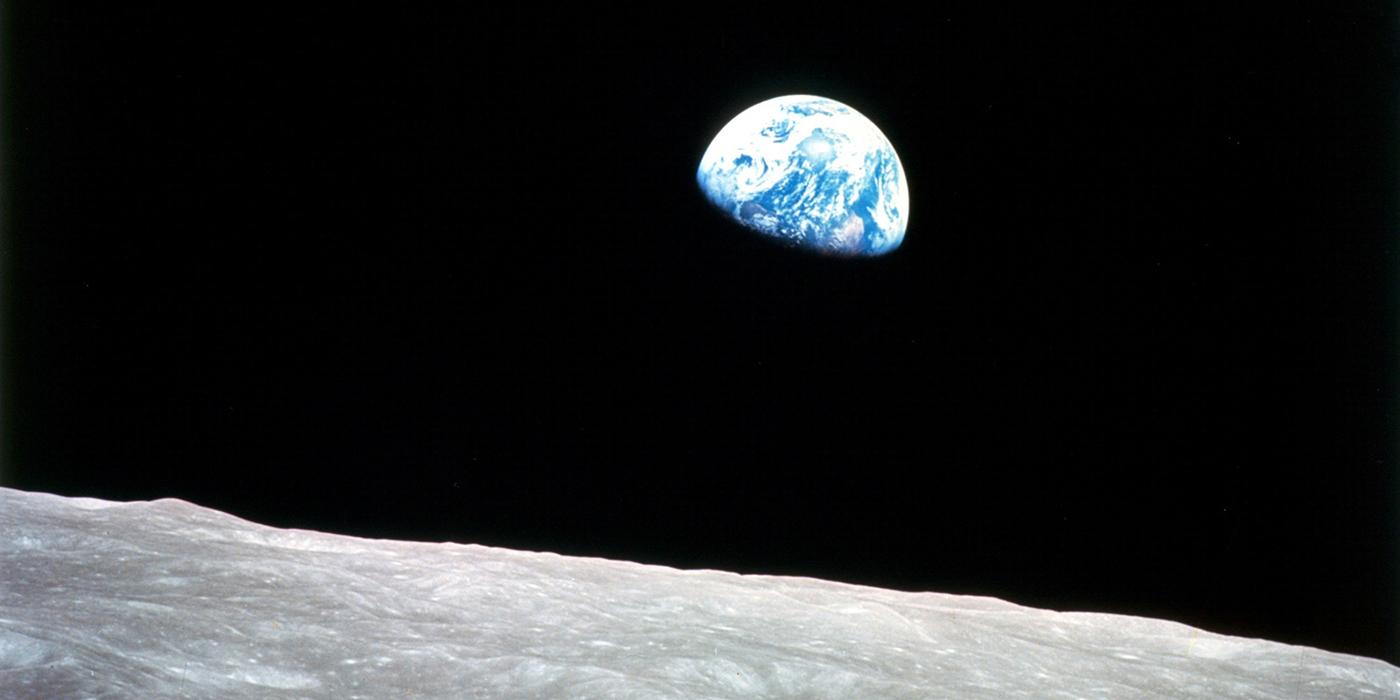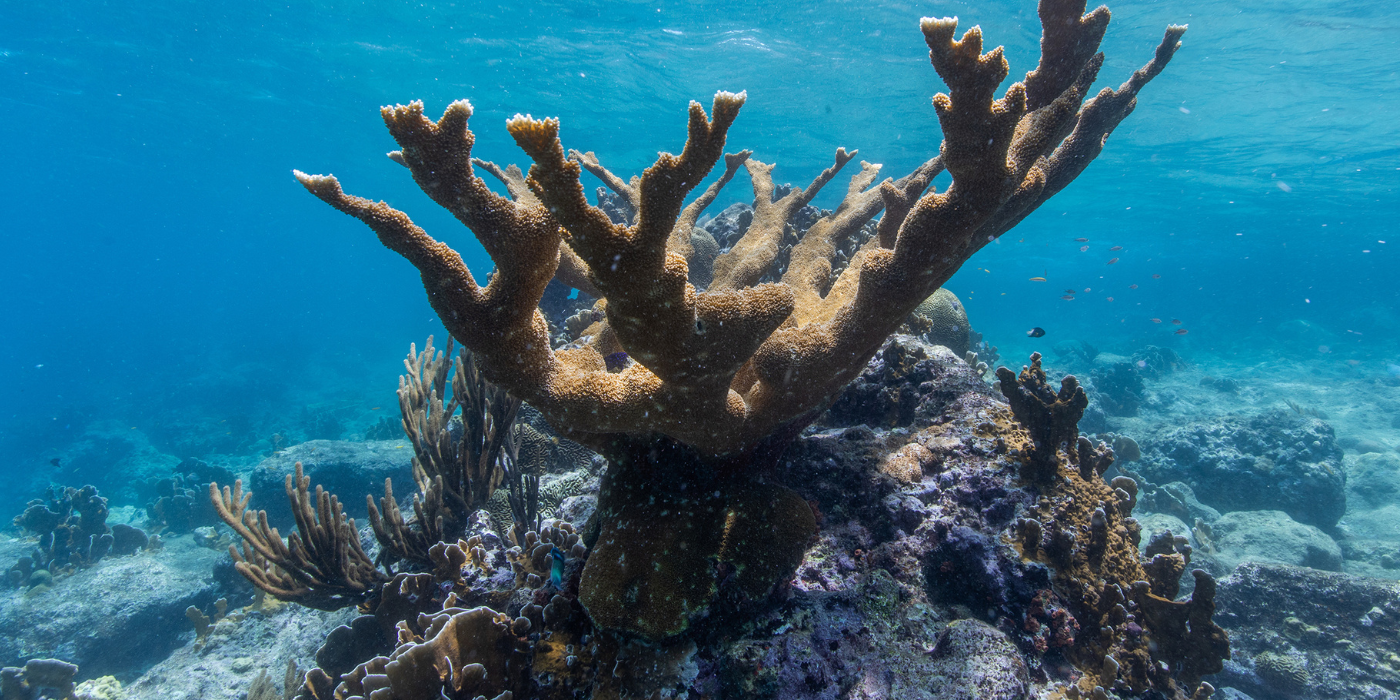Smithsonian Conservation Biology Institute Announces Names of Five Cheetah Cubs
Last week, the public was invited to help name five of the 10 cheetah cubs born in late March at the Smithsonian Conservation Biology Institute (SCBI) in Front Royal, Virginia. The votes — collected through an online survey hosted by CBS News — have been tallied, and the cheetah cubs are named Maathai, Fossey, Murie, Leopold and Roosevelt. In celebration of Earth Day and last weekend’s Smithsonian Earth Optimism Summit, the five cubs, three females and two males, were named after groundbreaking conservationists. Learn more about the conservationists:
Maathai, for Wangari Maathai
Wangari Maathai was a renowned Kenyan environmental political activist and the first African woman to receive a Nobel Peace Prize for “her contribution to sustainable development, democracy and peace.” Maathai was also an elected member of the Kenyan parliament and served as assistant minister for Environment and Natural Resources.
Fossey, for Dian Fossey
Dian Fossey was an American primatologist and zoologist who founded the Karisoke Research Center in Rwanda’s Volcanoes National Park to study and protect mountain gorillas from environmental and human threats. Although Fossey’s life was cut short, her work has grown into conservation efforts for other wildlife and programs for people who live near the gorillas.
Murie,for Margaret Murie
Margaret Murie was an American naturalist dubbed the “grandmother of the conservation movement.” She campaigned for the Wilderness Act and helped establish the Arctic National Wildlife Refuge. She was the recipient of the Audubon Medal, the John Muir Award and the Presidential Medal of Freedom, the highest civilian honor award of the U.S.
Leopold, for Aldo Leopold
Considered by many to be the father of wildlife ecology and the U.S. wilderness system, Aldo Leopold was an environmentalist, scientist, philosopher and author. A book of his essays, “A Sand County Almanac,” was published after his death and became one of the most respected books about the environment. He is known for the idea of “land ethic,” which calls for an ethical, caring relationship between people and nature.
Roosevelt, for Teddy Roosevelt
President Theodore Roosevelt created the United States Forest Service and protected approximately 230 million acres of public land. His legacy is also tied to the animal that jump-started the conservation movement: the bison. Roosevelt also paved the way for the establishment of the National Park Service in 1916.





